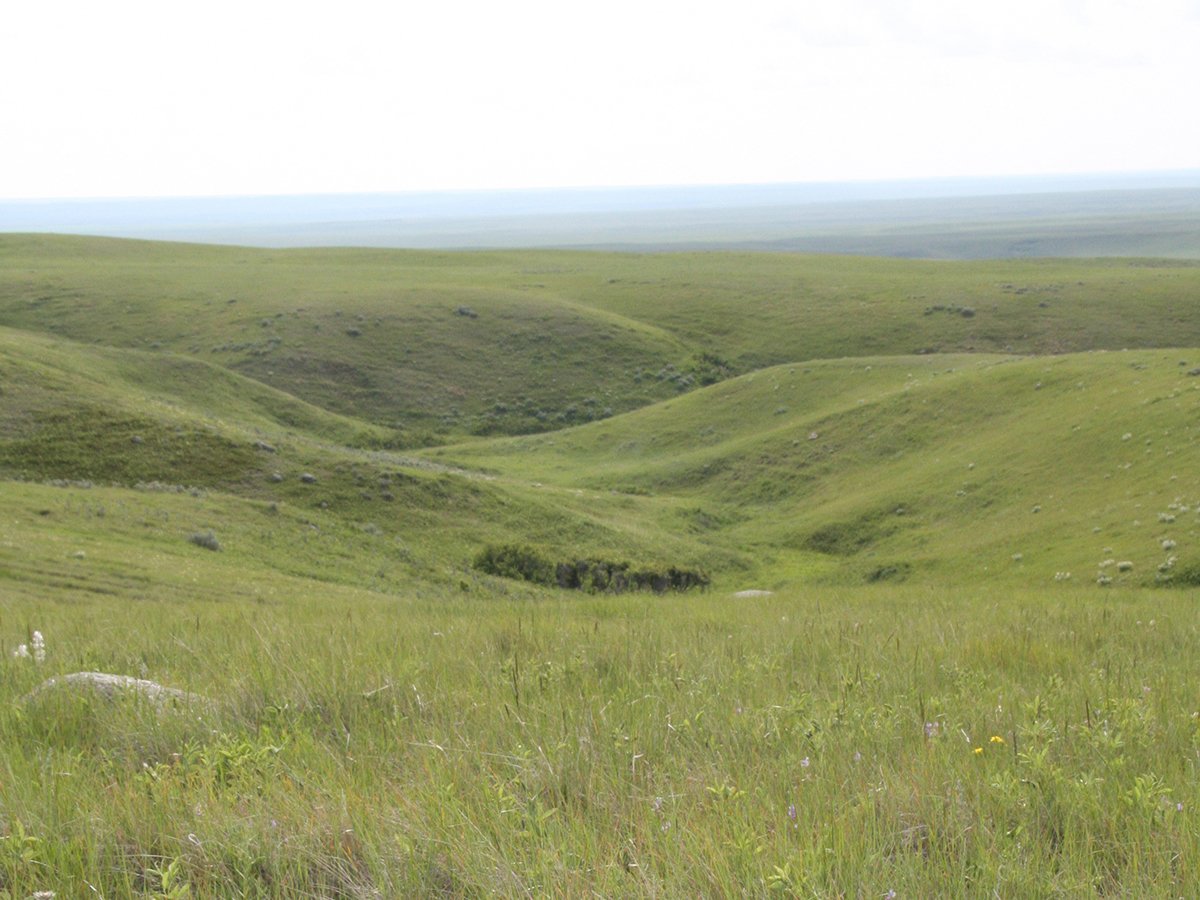The head of the Farmer Rail Car Coalition is irate that none of the coalition’s 17 member organizations were invited to participate in recent consultations with Transport Canada on ways to improve rail service and protect shippers’ interests.
The May 5 meeting in Ottawa brought together a wide range of commodity shippers, including a number of grain industry groups such as the Western Grain Elevators Association and the Canadian Wheat Board, to talk about possible amendments to the Canadian Transportation Act.
The government is planning to introduce legislation similar to the previous government’s Bill C-44, which included a number of new shipper provisions but died when the Liberals were defeated.
Read Also

Alberta irrigation project on grasslands approved
Environmental concerns raised by Alberta conservation groups over irrigation expansion project within rural municipality
The only farmer-member organizations at the meeting were the Western Canadian Wheat Growers Association, the Canada Canola Growers Association and Pulse Canada, which includes trade and farm groups in its membership.
Coalition president Sinclair Harrison said he’s shocked that none of the coalition’s members were invited.
“Certainly our members have great interest in transportation,” he said. “It appears to me they are being shut out of transportation issues simply because they’re members of the coalition.”
Among the coalition’s members are Agricultural Producers Association of Saskatchewan, Wild Rose Agricultural Producers, Keystone Agricultural Producers, the Alberta Soft Wheat Producers Commission, Winter Cereals Canada, West Central Road and Rail, the National Farmers Union and municipal government associations from Alberta and Saskatchewan.
Terry Boehm of the NFU said his organization would definitely have liked to have been at the meeting.
“”We’ve always had a strong interest in transportation and all farmers understand how transportation costs affect their bottom line,” he said.
“I absolutely think farmers should be at the table for a discussion like that.”
Harrison said Transport Canada officials told him they didn’t think the meeting would be of interest to FRCC members, an explanation he found hard to accept.
“Why would it be of interest to the WCWGA and not to our members?” he said.
Helena Borges, director of surface transportation policy for Transport Canada, declined to discuss who was at the meeting, saying only it was a “broad coalition” of various shipper groups and associations.
She added that any organization with views on the former Bill C-44 is welcome to make them known to Transport Canada.
“We’ve been open and accessible and we’re willing to discuss anything that’s in C-44,” she said.
That bill proposed a number of new shipper provisions, including final offer arbitration to settle disputes between shippers and railways, new rules for inter-switching, advance notice of rate increases, and an easier process by which shippers can take a service complaint to the CTA.
Borges said the government is prepared to move ahead with amendments if there is consensus among shippers, adding she was optimistic after the May 5 meeting.
Groups that were in attendance refused to discuss the meeting, saying they didn’t want to jeopardize the prospect of changes going ahead.
Blair Rutter, who attended the meeting for the WCWGA, said everyone agreed it’s vital that the government proceed.
















